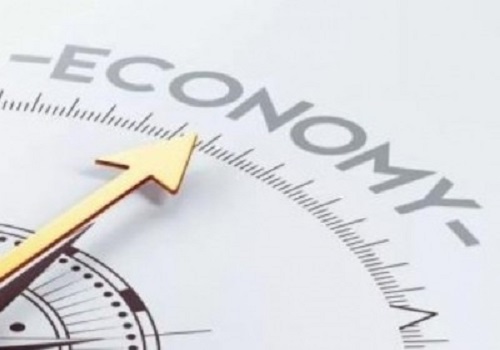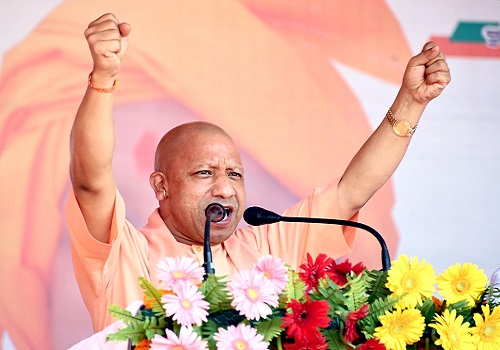22-09-2023 12:58 PM | Source: IANS

Economic outlook remains bright in current fiscal as activity maintained momentum: FinMin document

Follow us Now on Telegram ! Get daily 10 - 12 important updates on Business, Finance and Investment. Join our Telegram Channel
India’s economic outlook for 2023-24 remains bright as economic activity maintained its momentum in August, according to a finance ministry document.
The monthly economic review released by the finance ministry on Friday stated that the monsoon deficit of August has been partially plugged in September and that is good news.
"It is heartening that rains in September have erased a portion of the rainfall deficit at the end of August. A stock market correction, in the wake of an overdue global stock market correction, is an ever-present risk. Offsetting these risks are the bright spots of corporate profitability, private sector capital formation, bank credit growth and activity in the construction sector. In sum, we remain comfortable with our 6.5 per cent real GDP growth estimate for FY24 with symmetric risks," the review said.
Prices of selected food items that drove the inflation rate above 7 per cent in July are on the retreat, it added.
"Private sector is in good health as data on advance tax payments for second quarter confirm. They are investing. Recent run-up in oil prices is an emerging concern. But, no alarms yet," the review noted.
Though it noted that the risks of a stock market correction and geopolitical developments could potentially hurt investment sentiment in the second half of the financial year, however the impact of these developments on underlying economic activity in India should be relatively contained.
Therefore, in sum, the baseline estimate for India’s economic growth in 2023-24 is 6.5 per cent, at 2011-12 prices, the document said.
The estimates of national income released by the National Statistical Office (NSO) show real GDP growing at 7.8 per cent in Q1 of FY24, as seen in the performance of High-Frequency Indicators (HFIs) as well, the monthly review said.
"Strong domestic demand for consumption and investment drove the GDP growth in this quarter. A steady decline in the urban unemployment rate has contributed to keeping private consumption strong in the economy," it stated.
"As strengthening consumption led to a rise in demand for goods and services, both the manufacturing and the services sectors saw their output and value-added grow robustly in Q1 of FY24," the document added.
The strength of domestic investment is the result of the government’s continued emphasis on capital expenditure. Measures implemented by the Union Government have also incentivised states to increase their capex spending, it said further.
"As regards the banking sector of the economy, a variety of indicators suggest increasing resilience of the sector through declining Non-Performing Assets (NPA), improving Capital to Risk-weighted Asset Ratio (CRAR), rising Return on Assets (RoA) and Return on Equity (RoE) as of March 2023. Similarly, as of March 2023, data for Non-Banking Finance Companies (NBFCs) indicated improvements in their profitability and risk-taking behaviour.
"Further, as per the July 2023 estimates by the RBI, there has been consistent and broad-based growth in the non-food bank credit of Scheduled Commercial Banks (SCBs) since April 2022," the document opined
Latest News

Nail Fashion Trends: The Art of Expressing Style Thr...

Sustainable Living: Tips for a Greener Lifestyle

PM Narendra Modi to attend Christmas celebrations ho...

Government launching 3 apps to protect consumers in ...

Kia to launch compact SUV `Syros` in India next year

GST recommendations to create business-friendly envi...

CII seeks priority sector lending for new and emergi...

The Wealth of Experiences: How Travel and Cultural E...

India`s tax panel rejects airlines` call to add avia...

Rozgar Mela: PM Narendra Modi to distribute 71,000 a...


 320-x-100_uti_gold.jpg" alt="Advertisement">
320-x-100_uti_gold.jpg" alt="Advertisement">









